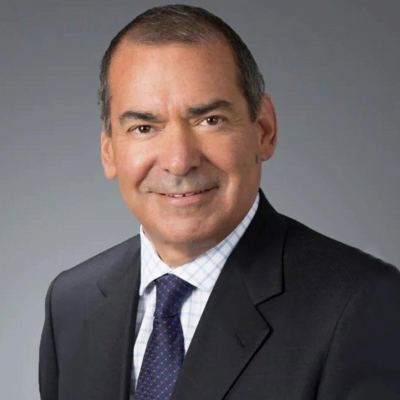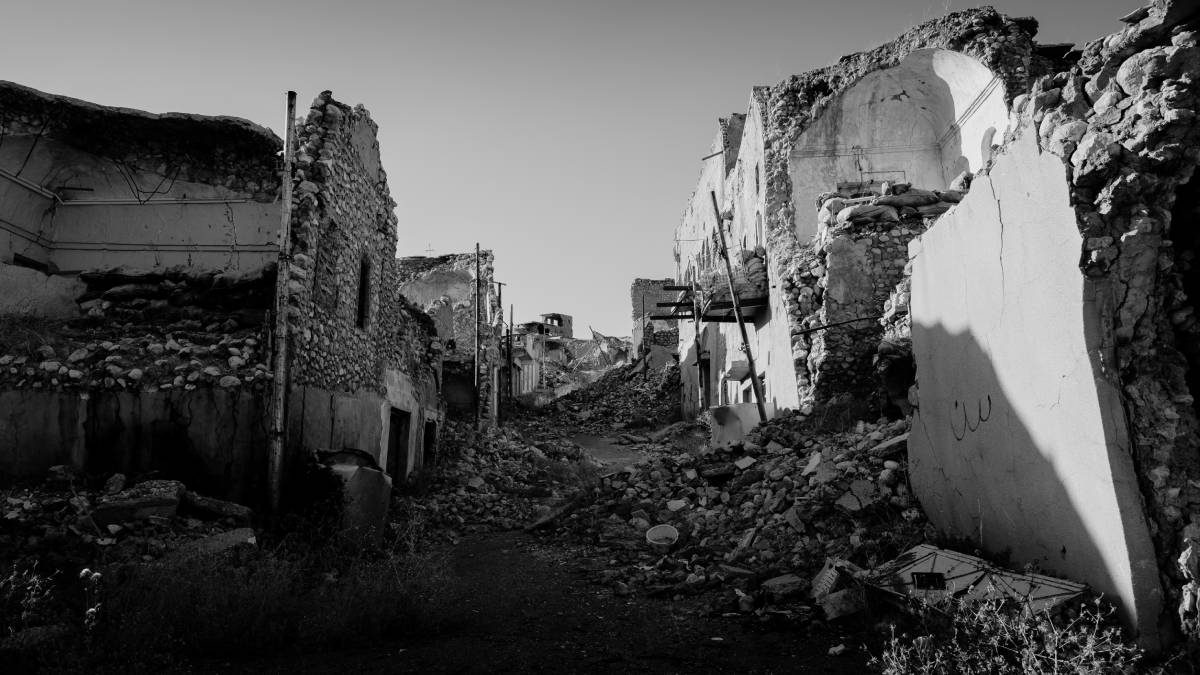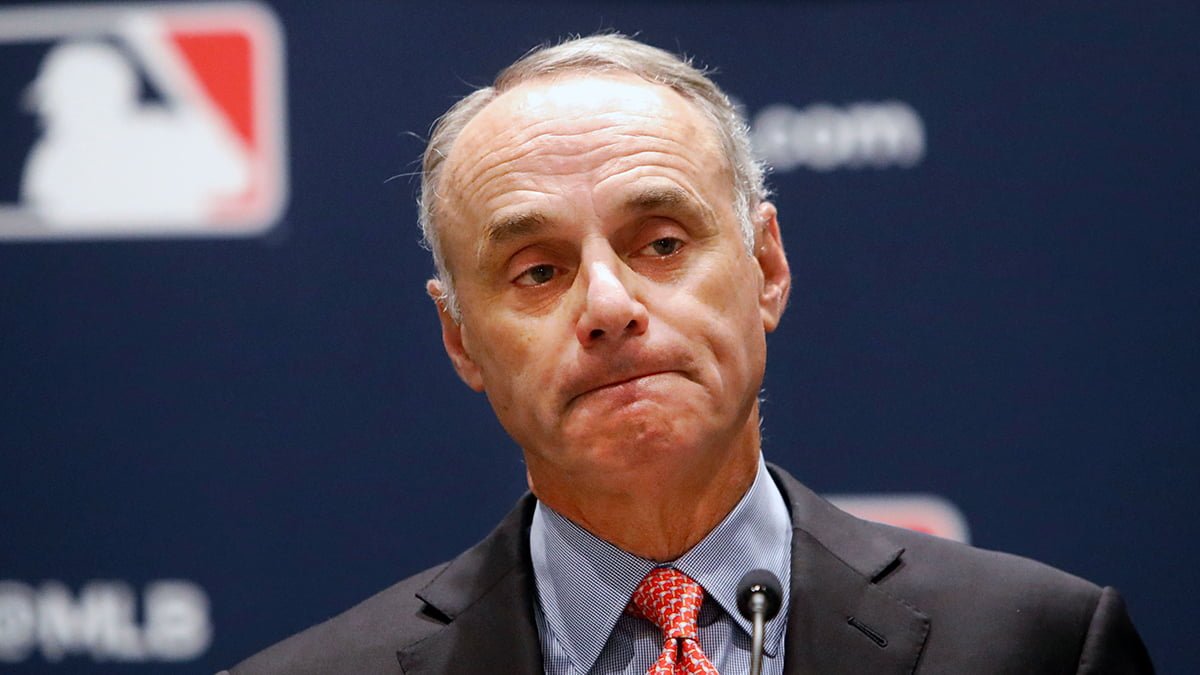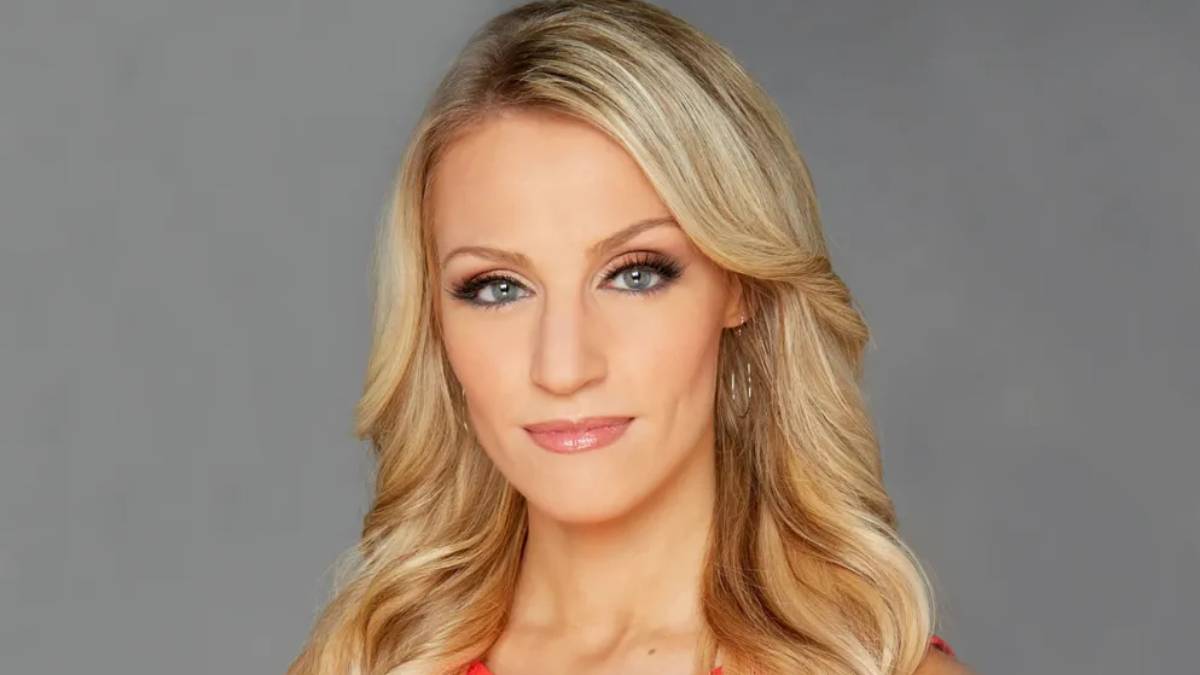Reporting in combat zones is risky, treacherous, and in today’s hyper-political environment dangerous in more ways than one.
I have dodged car bombs and automatic rifle fire at the Beirut airport during the 80s, donned gas masks during Saddam’s scud assault on Saudi Arabia and Tel Aviv during the first Persian Gulf War, had bullets whistle over my head in Afghanistan, watched the United States reign down terror on Tora Bora, escaped the NBC terrorist hotel bombing in Baghdad during the second invasion of Iraq, and anyone who tells you they aren’t afraid when reporting from a war zone is lying.
After the hotel bombing in Baghdad killed one of our NBC local hires, and my then young children back in the States watched me search for injured through the haze of smoke and fallen concrete on The Today Show, I decided no more hazardous duty from war zones. It was unfair to them. I switched to the safer duty of 20/20 at ABC.
So today, when I see the heroic reporting underway in Israel and Gaza in an almost impossible effort to sort out which, if either side, is telling the truth in this terrible war between Israelis and Hamas, I am filled with admiration.
Yes, the famous anchor faces such as Jake Tapper, Erin Burnett, Anderson Cooper, and NBC’s Richard Engell are at risk from mortar and missile fire standing on rooftops in Tel Aviv and near the Gaza border, but the real, almost unfathomable danger is to the brave local producers and reporters inside Gaza as Israel bombs the Palestinian strip to hell and back.
Wearing flack jackets and helmets that provide little protection, they are vulnerable to air strikes, mortars, tank fire, and high-powered military rifles with armor-penetrating bullets. Those jackets are useless against any of that firepower and only offer limited protection against shrapnel and falling buildings.
Most reporters sent to combat zones are sent to week-long hazardous duty camps, where we learn first aid, from setting tourniquets and carrying wounded. There are courses on how to avoid being taken hostage, and when everyone thought Saddam had chemical weapons, how to don protective gear quickly.
But most of us figured this was more for network insurance purposes than actual protection.
When I was in Beirut, where rockets passed overhead between Christian and Muslim militias, I slept under my bed, in the overly optimistic hope that falling debris might bounce off the mattress. In Afghanistan, where IEDs were a major threat, I wore a helmet and bullet-resistant vest and sat on a second one in the unrealistic hope of back-side protection.
To date, according to the Committee to Protect Journalists, 31 reporters, producers, and camera operators have been killed in the now three-week-old conflict, most of them Palestinians reporting for Arab outlets and freelancing for foreign networks.
Despite wifi shutdowns and a lack of phone service, as Israeli airstrikes cripple communications, many continue to work. It is a valuable service few would be brave enough to carry out. The Israeli Defense Forces have warned journalists, their safety cannot be guaranteed. And besides operating in dangerous, life-threatening situations the reporters in Gaza deal with disinformation from Hamas every day.
But without them, the rest of the world would not know both sides of the story, and would only see the wide shot of collapsed buildings and not the up close and personal stories of innocent civilians who are being killed in the crossfire every day. As many as 9 thousand dead in Gaza. Many of them are Hamas, but too many are not.
So tonight when you watch the news, give a moment of thought to those journalists in the combat zones. They are not high-paid anchors and network reporters, they are eyewitnesses to unbearable atrocities and most are doing it so you get the whole story.

Jim Avila previously served as a weekly columnist for Barrett News Media. An Award-winning journalist with four decades of reporting and anchoring experience, Jim worked as Senior National Correspondent, 20/20 Correspondent, and White House Correspondent for ABC News. Prior to his time with ABC, he spent a decade with NBC News, and worked locally in Los Angeles and Chicago for KNBC, and WBBM. He can be found on Twitter @JimAvilaABC.








Journalists are necessary to understand the world. Journalists bring so much to the dinner table, that if they didn’t, there would be no food. Seriously, it’s so important to give these people and their profession respect. Thank you for this article.